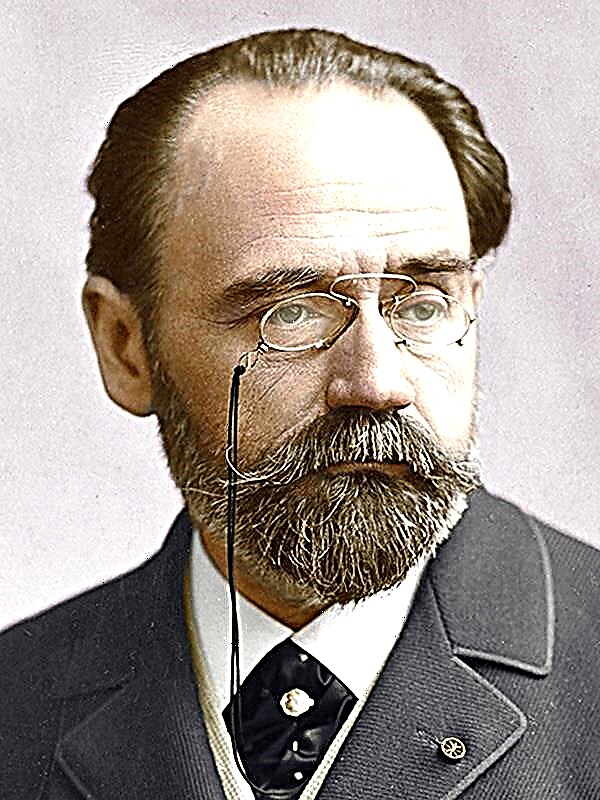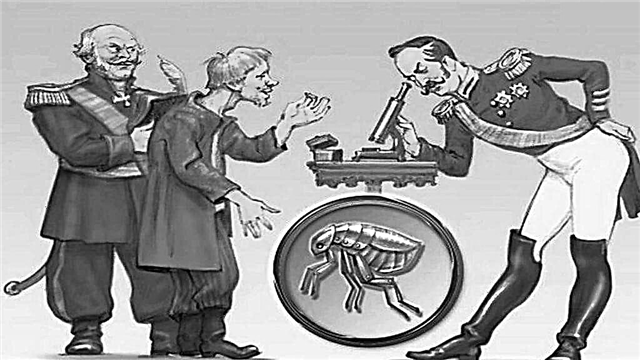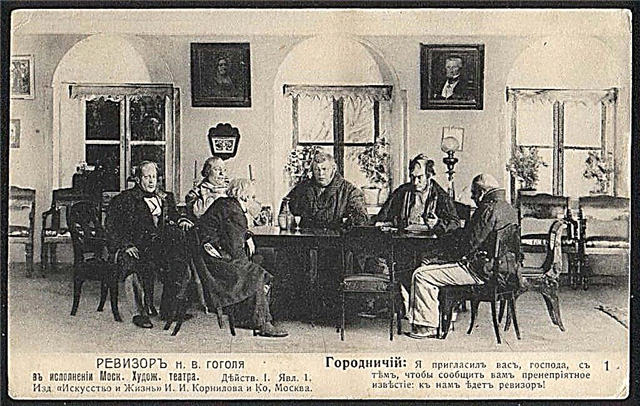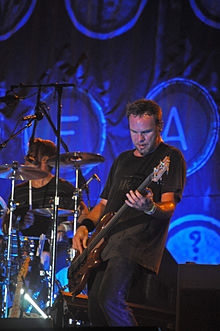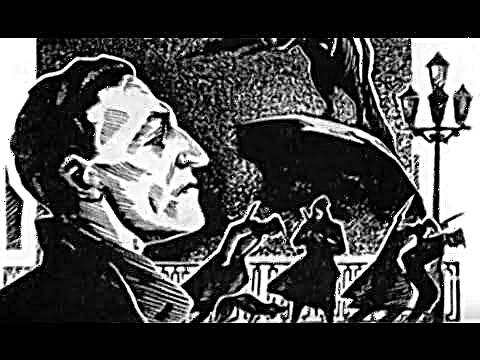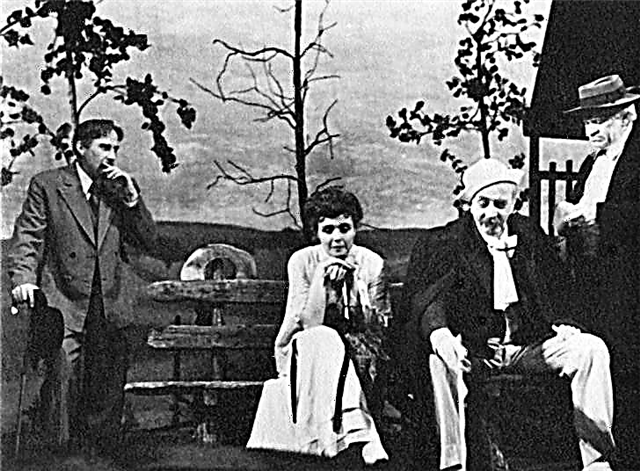: The narrator enjoys the nature and beauty of his native land and shares interesting cases from his travels around the Meshchera.
Ordinary land
“In the Meshchera region there are no special beauties and riches, except forests, meadows and transparent air.” In winter and autumn, cut meadows are dotted with haystacks, which are warm even on frosty and rainy nights. In the pine forests solemnly and quietly on calm days, and in the wind they "make noise with a great ocean roar."
This land "lies between Vladimir and Ryazan, not far from Moscow, and is one of the few surviving forest islands ... the great belt of coniferous forests", where "ancient Russia was hiding from the Tatar raids."
First meeting
The narrator first arrives in the Meshchera region from Vladimir, on a leisurely narrow-gauge steam locomotive. A shaggy grandfather crawls into a car at a station and tells how last year, an “ulcer” Lyosha-Komsomolets sent him to the city “to the museum” with the message that “there are“ unknown birds of enormous growth, striped, only three ”in the local lake , and these birds must be taken alive to the museum. Now the grandfather is also returning from the museum - in the swamp they found an “ancient bone” with huge horns. The narrator confirms that the skeleton of a prehistoric deer was indeed found in the Meshchera swamps. This story of unusual finds is remembered by the narrator “especially sharply”.
Vintage map
The narrator travels around the Meshchera region with an old map drawn before 1870. The map is largely inaccurate, and the author has to fix it. However, using it is much more reliable than asking the locals for directions. The natives always explain the road “with frantic enthusiasm,” but the signs they describe are almost impossible to find. Once the storyteller himself had the opportunity to explain the way to the poet Simonov, and he caught himself on the fact that he was doing it with exactly the same passion.
A few words about signs
“Finding signs or creating them yourself is a very exciting experience.” Those that predict the weather, such as campfire smoke or evening dew, are considered genuine. There are signs and more complicated. If the sky seems high and the horizon is approaching, the weather will be clear, and the fish stopping to peck as if it reports a near and prolonged bad weather.
Return to map
“The study of an unfamiliar land always begins with a map”, and traveling along it is very exciting. Fertile and settled Ryazan lands extend south of the Oka River, and pine forests and peat bogs in the Meshchera Territory begin to the north, behind a strip of Prioksky meadows. In the west of the map there is a chain of eight boron lakes with a strange property: the smaller the lake’s area, the deeper it is.
Msharas
To the east of the lakes “lie the huge Meshchera swamps -“ Mshars ””, dotted with sandy “islands” on which moose spend their nights.
Once the storyteller and his friends walked with mosharas to the Filthy Lake, famous for its huge mushrooms, toadstools. Local women were afraid to go to him. Travelers hardly reached the island, where they decided to take a break. Gaidar went to look for the filthy lake alone. Having hardly found the way back, he said that he climbed a tree and saw the Filthy Lake from afar. It seemed so scary that Gaidar did not go any further.
Friends hit the lake a year later. Its shores turned out to be like a mat woven from grass floating on the surface of black water. At every step, high fountains of water rose from under the feet, which frightened the local women. Fishing in that lake was good. Having returned unscathed, friends earned a reputation among women as “inveterate people”.
Forest rivers and canals
In addition to the marshes, forests with mysterious “white spots” in the depths, the Solotcha and Pra rivers, as well as many canals, are marked on the map of Meshchersky paradise. On the shore of Solotchi, in which the water is red, there is a lonely inn. When the coast is also a little populated. A cotton factory operates in its upper reaches, which is why the bottom of the river is covered with a thick layer of packed black cotton.
Canals in the Meshchera region were dug under Alexander II by General Zhilinsky, who wanted to drain the swamps. The drained lands turned out to be poor, sandy. The canals died out and became a refuge for waterfowl and water rats. The wealth of the Meshchera region is "not in the land, but in the forests, in peat and in flood meadows."
The woods
Pine "Meshchera forests are majestic, like cathedrals." In addition to forests, there are spruce forests in Meshchera mixed with rare spots of broad-leaved groves and oak groves. There is nothing better than to walk through such a forest to a protected lake, spend the night by the fire and meet the majestic dawn.
The narrator lives in a tent by the lake for several days. Once on the Black Lake a rubber boat with a razor-sharp fin attacked a rubber boat in which he was fishing with a friend. Frightened that the pike would damage the boat, they turn to the shore and see a she-wolf with wolf cubs, whose shelter turned out to be near the fishing camp, under a pile of dry brushwood. The she-wolf fled, but the camp had to be moved.
In Meshchera, all lakes have different water colors. Most of them are black, but there are also violet, and yellowish, and tin-colored, and bluish.
Meadows
Flooded meadows between forests and Oka look like the sea. Among the meadows stretches the old channel of the Oka River, called the Breakthrough. “This is a stalled, deep and motionless river with steep banks” and deep whirlpools, surrounded by grasses in human height. The narrator lives on Prorva every fall for many days. After spending the night in a warm hay tent, he fishes all morning.
A little digression
In the village of Solotche lived the "great tribe of anglers." Solotchians successfully fished on ordinary rope. Once, a "tall old man with long silver teeth" came to the village from Moscow. He tried to fish with an English spinning rod, but the old man was not lucky. But once he caught a huge pike on Prorva. Having pulled the fish ashore, the old man bent over her in admiration. Suddenly the pike "tried on ... and with all its might hit the old man with a tail on the cheek", and then jumped up and went into the water. On the same day, the unlucky fisherman left for Moscow.
More about meadows
In the meadows of the Meshchera there are a lot of lakes with strange "talking" names. “At the bottom of Hotz are black bog oak trees.” Beavers once lived in Bobrovsky. Ravine is the deepest lake with extremely capricious fish. Bull Lake stretches for many kilometers, and in the Ditch "there are amazing golden lines." The old woman is surrounded by sand dunes, and on the shores of deep Muzgi crane flocks gather. Hundreds of ducks nest in Selyansky Lake. The storyteller named the Langobard Lake in honor of the watchman, the “Langobard” (the ancient Germanic tribe, in the lane - “long beards”).
Old men
“Chatty old people live in meadows - in dugouts and huts”, watchmen of collective farm gardens, ferrymen and basketers. Most often, he met with a thin, thin-legged Stepan, nicknamed "Beard on the poles." Once the storyteller spent the night in his hut. Stepan talked for a long time about how difficult it was for village women “under the tsar,” and how many opportunities they now have under the Soviet regime. As an example, he recalled his fellow villager Manka Malavin, who now sings in the Moscow theater.
Homeland of talent
Solotcha - a rich village. For the first year, the narrator lived with "a gentle old woman, an old maid, and a rural dressmaker, Maria Mikhailovna." In her clean hut hung a picture of an unknown Italian artist, who left his work in payment for the room to the father of Maria Mikhailovna. He studied iconography in Solotcha.
In Solotche, almost every hut is decorated with paintings by children, grandchildren, and nephews. In many houses, famous artists grew up. An old woman lives in the house next to Marya Mikhailovna - the daughter of academician Pozhalostin, one of the best Russian engravers. The following year, the narrator “took an old bathhouse from them in the garden” and he saw beautiful engravings. Not far from Solotchi, the poet Yesenin was also born - the storyteller happened to buy milk from his own aunt.
He lives near Solotchi and Kuzma Zotov, who was a poor man before the revolution. Now in the hut of Zotov there are radio, books, newspapers, and his sons have beaten out into the people.
My house
The storyteller's house - a small bathhouse - stands in a dense garden. It is fenced with a picket fence, in which village cats get stuck, having run up to the smell of freshly caught fish. In the house, the narrator rarely spends the night. For nights he usually has an old gazebo in the back of the garden. It is especially good there in autumn nights, when a cool wind sways the light of a candle, and a nocturnal butterfly sits on the open page of the book. On a foggy morning, the narrator wakes up and goes fishing. “Ahead is a deserted September day” and “lost in ... a world of odorous foliage, herbs, autumn wilting.”
Unselfishness
You can write about the wealth of the Meshchera region, but the narrator loves his native places not for the abundance of peat or wood, but for their quiet and uncomplicated beauty. And if he has to defend his native country, then in the depths of his heart he will know that he is defending “and this piece of land that taught me to see and understand the beautiful ... this forest is a pensive land, the love of which will not be forgotten, like first love is never forgotten ".

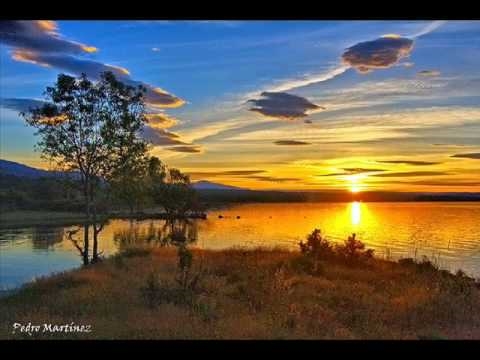
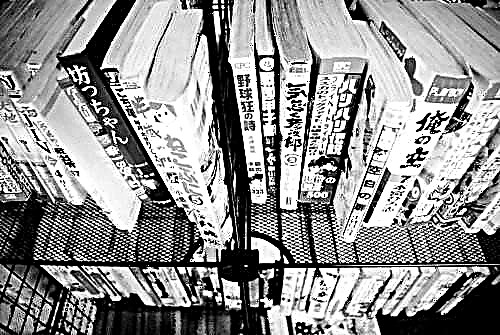
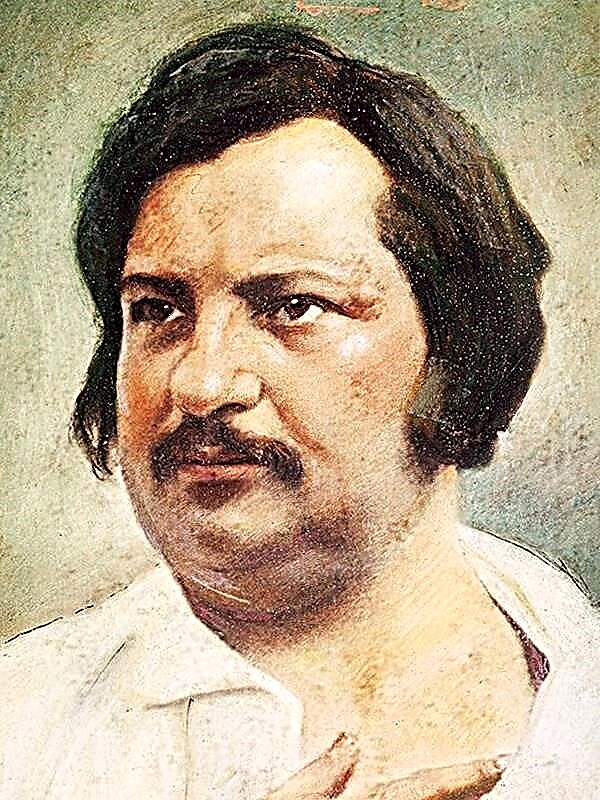 Shuans
Shuans
